We were subjected to inhuman treatment for three days, we did not take our bath, we did not have food to eat, including the young nursing mothers among us… Even when female journalists protested and appealed that the nursing mothers be released to have access to their babies, the police said no.
Those were the words of Dickson Akoh, national commandant of the Nigerian peace corps, in an interview he granted after security agencies raided the Abuja headquarters of the organisation in March.
Akoh managed to keep hope alive, even when the upper legislative chamber declined to give legislative backing to the corps.
He was taken in and out of courts, and security agencies accused the corps of being a breeding ground for terrorists, but all the hurdles became history after the senate passed the Nigerian Peace Corps bill, 2017, on Tuesday.
Advertisement
The lawmakers passed the bill after a recommendation by the committee on judiciary, human rights and legal matters.
Below are some of the challenges the organisation encountered:
AKPABIO LABELLED IT ‘419’
While making contributions on a debate concerning the bill, which has just been passed, Godswill Akpabio, minority leader of the senate, described the scheme as “419”, a term for fraud. Akpabio compared the organisation to the Mavrodi Mondial Moneybox (MMM) ponzi scheme, which left over three million Nigerian investors stranded.
Advertisement
“It is also almost like our government to make a law on MMM where youth have been taken advantage of and people have lost money, millions of naira and then someone brings a law to legitimise MMM which we know is a fraud,” he had said.
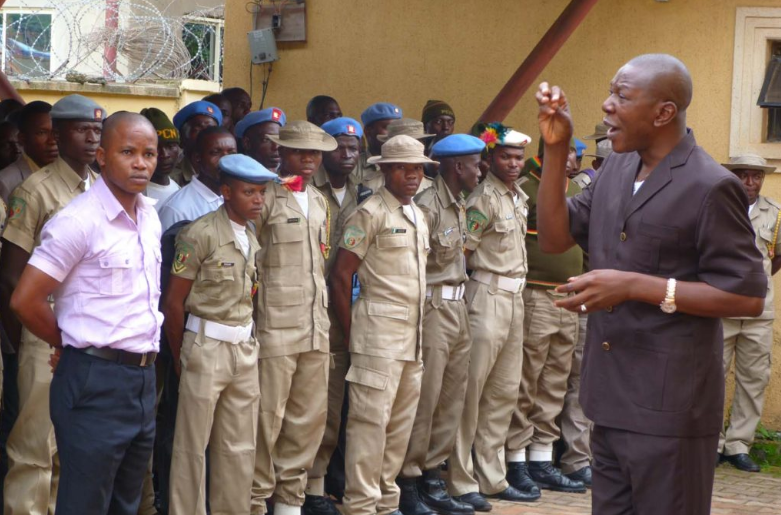
“Some of them are field marshals and they have not gone to any war, many of them are lieutenant-generals, I have seen some saluting as brigadier-generals, I have seen them in public occasions where the youth use their clothes to clean the seats for the commandant-general.
“This thing is 419. We cannot make a law for an individual to collect millions of naira.”
RAIDED BY SECURITY AGENCIES
On March 1, security operatives stormed the headquarters of the organisation in Jabi, Abuja, and arrested Akoh alongside 48 officials of the corps.
Advertisement
Six staff of the organisation were said to have sustained injuries in the joint raid by operatives of the Nigerian army, Nigerian police force and department of state services (DSS).
After the raid, the police said “terrorist affiliates” had infiltrated the organisation to destroy the existing peace in the country.
Jimoh Moshood, force public relations officer, had said though the corps got registered as a non-governmental organisation (NGO), it opened “illegal training camps” across the county.
“It is consequent upon the above and the veracity of intelligence reports from reliable sources, indicating that subversive elements/groups and terrorist affiliates have infiltrated the Peace Corps of Nigeria secretly to ruin and destroy the existing peace currently being enjoyed in the country that the Peace Corps of Nigeria secret training camps were closed down in the FCT, Kwara and Niger states,” he had said.
Advertisement
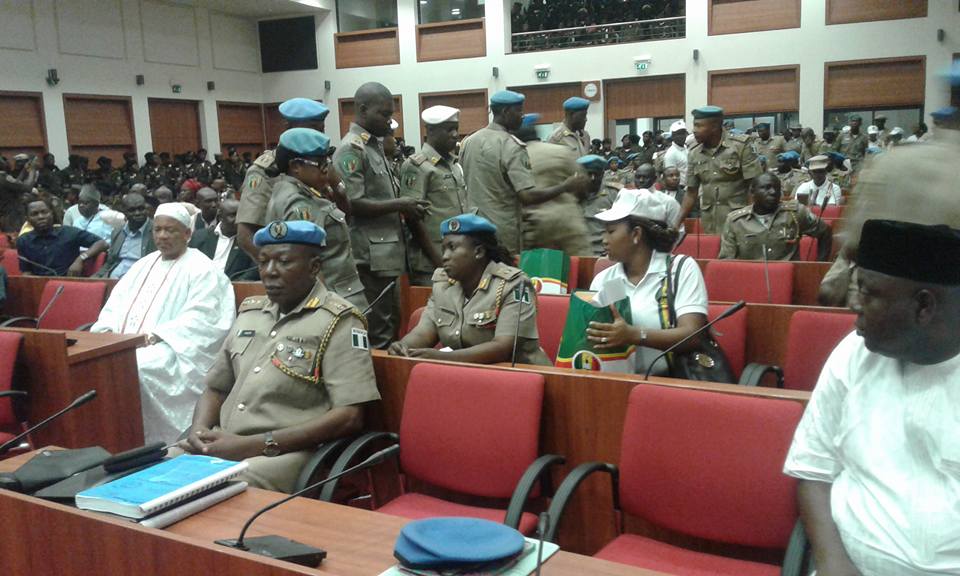
LEGAL BATTLE
On March 16 this year, the federal government filed a 90-count criminal charge against Akoh and the organisation’s trustees.
Advertisement
Akoh and peace corps trustees were accused of money laundering and obtaining money under false pretense.
In count 1 to 32, they were accused of converting money derived directly from extortion, contrary to section 15(1)(a)(ii) of the money laundering (prohibition) act 2011 and punishable under the same section of the act.
Advertisement
BLOCKADE AT NATIONAL ASSEMBLY
Shortly after the raid on the headquarters of the corps, the senate shelved the debate on the bill and postponed a conference committee report on the bill.
Then, both chambers of the national assembly had already passed the bill for third reading but when it was called up for consideration, Ahmed Lawan, senate leader, pleaded that the matter be taken in another sitting.
Advertisement
The report was subsequently withdrawn.
On May 2, when the senate decided to continue deliberations on the bill, Ike Ekweremadu, deputy senate president, said it would not speak well if the chamber passed the bill at a time the federal government was having a running battle with the leadership of the corps.
“A lot of people have been deceived. The senate should not be a stamp for fraud,” he had said.
Now that the senate has passed the bill, it would be sent to the executive for assent.
WHAT IS PEACE CORPS?
According to an information on its website, the corps is a “non-governmental and uniformed youth organisation that focuses on working with the youth in getting to know them, their personalities, their dreams and aspirations, their fears, their failures, their successes and their passions with a view of building, harnessing and redirecting their productive energies towards the socio-economic and political advancement of the nation”.
It was founded by Akoh on July 10, 1998.
1 comments

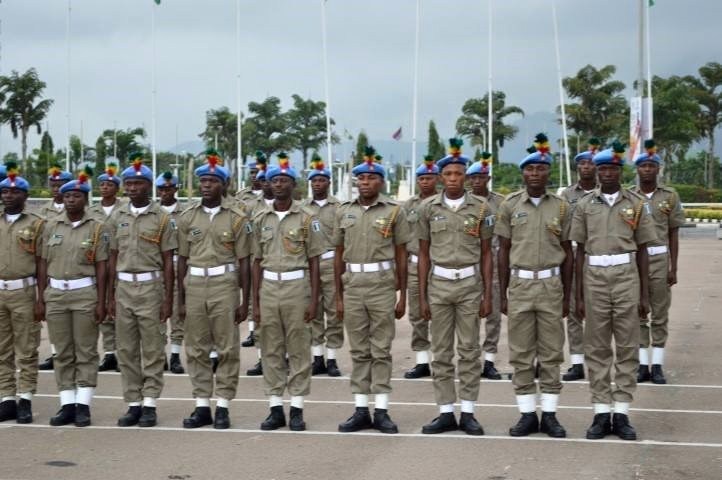
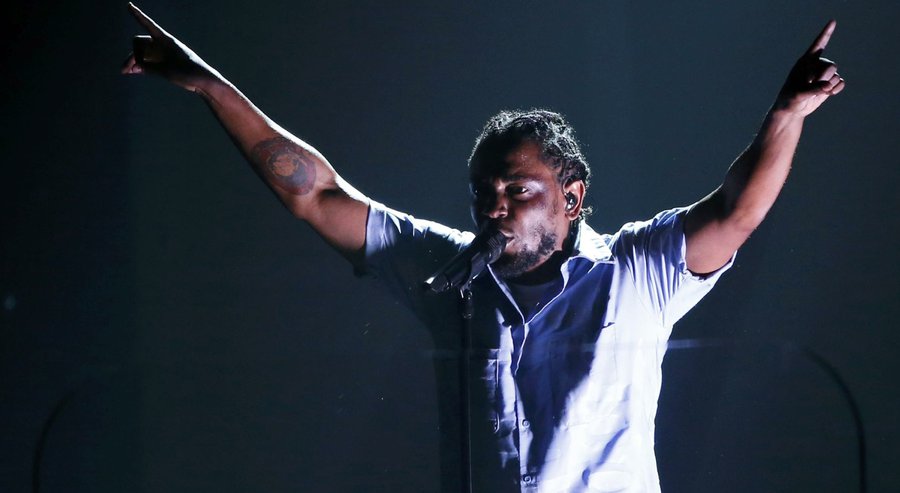
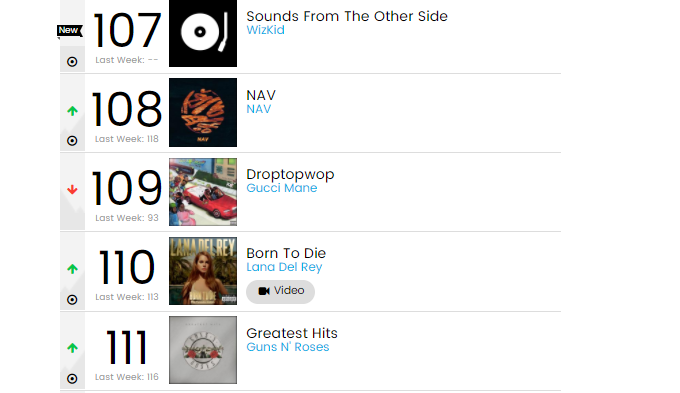
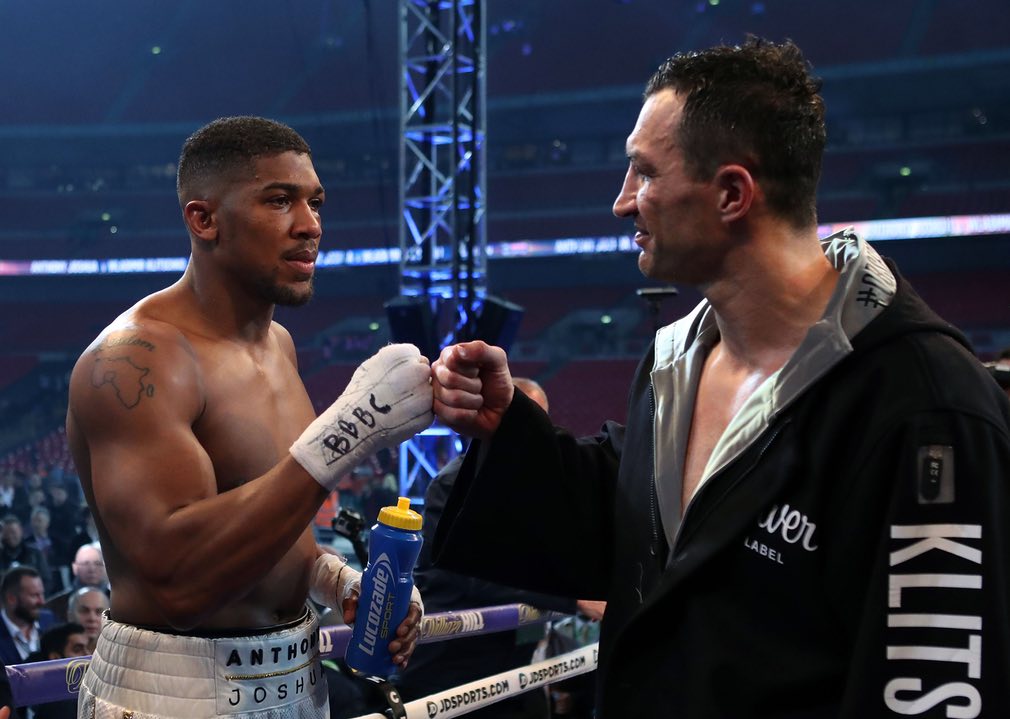

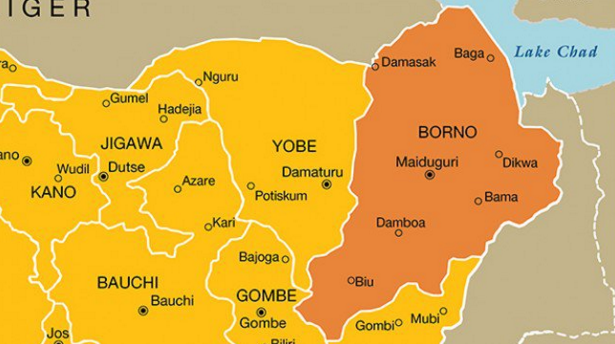
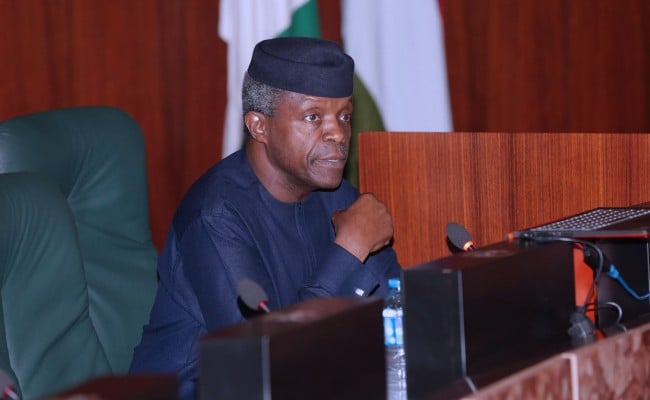
Peace Corp promoters were baptised in a pool of shame,but came out with honours and subject to heat,but came out purified as gold
The whole drama only exposes the lack of honour amongst the big institutions and personalities mentioned.